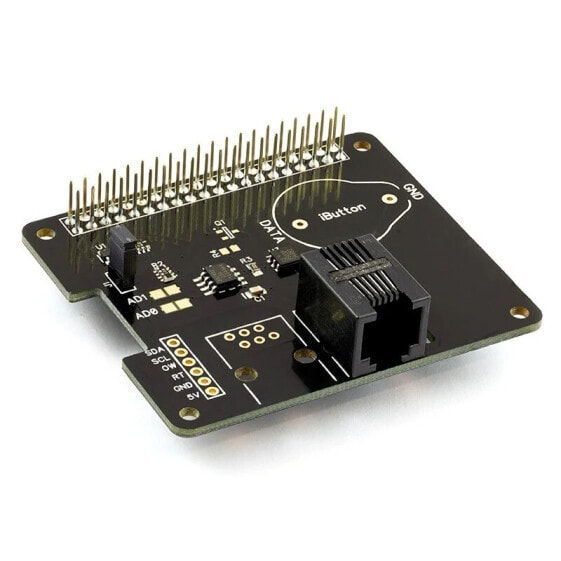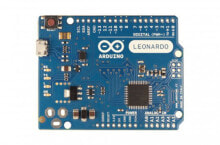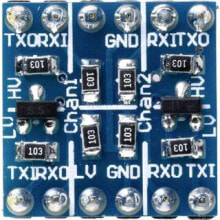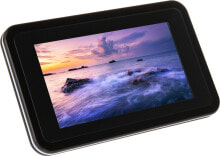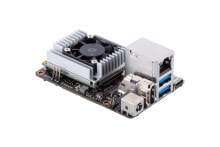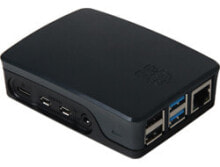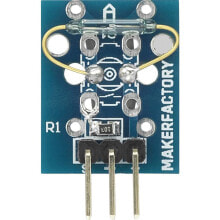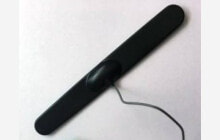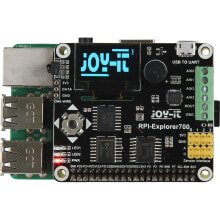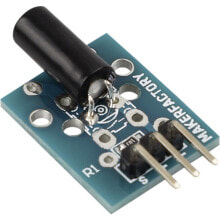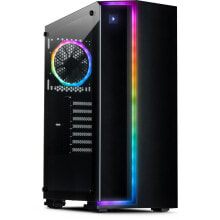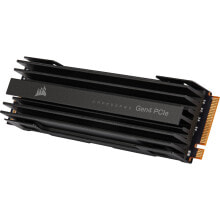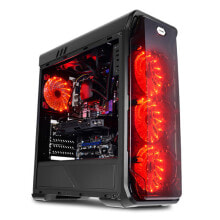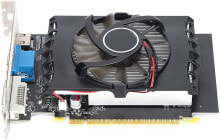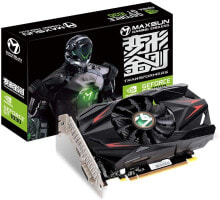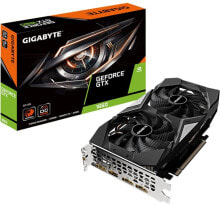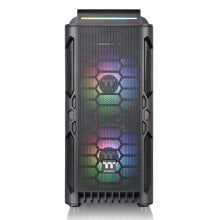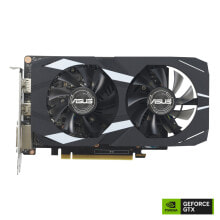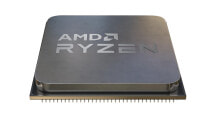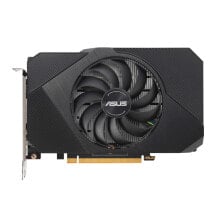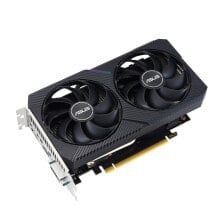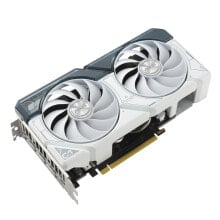Характеристики
Прочие свойства
- Бренд
- AB Electronics
Свойства
- Тип
- Запчасть для микрокомпьютера
Описание
Shield for Raspberry versionA+ / B+ / 2 / 3 / 3+ / Zero / Zero W based on DS2482-100 system which allows you to use the 1-Wire protocol. The module provides a conversion of the I2C interface. It has built-in a RJ12 connector, electrostatic protection and the possibility of a separate supply.
The kit includes connectors for self-soldering.
The product is compatible with Raspberry
The manufacturer providesa user manual of the module.
Power
The shield is powered directly from the Raspberry, and led-out GPIO pins enable the connection to other shields. There is also the possibility of connecting an external power supply of 5 V, reducing the load of minicomputer. When using an external power source, remove the soldering jumper indicated by Power to isolate the voltage of the Raspberry.
Specification- Power Supply: 5 V
- Driver:DS2482S
- 1-Wire interface with a protecting diode ESD
- A possibility of cascade connection
- Cached port of 5 V
- External power input for 1-Wire interface.
- I2C address is selected using jumpers.
- Voltage of operation of the I2C interface: 5 V
- Current on pins of 1-Wire: 20 mA
- Total maximum current: 100 mA
- Included is connector of 2x20 pin and RJ12 for self-soldering
The subject of the sale is a shield,Raspberry Piand spacers can be purchased separately.
- The manufacturer's website
- Diagram of the module
- Libraries for Raspberry
- Installation
- Documentation of DS2482S
- Example 1 - the usage of the DS18S20 thermometer
- Example 2 - operation of the module with the Raspberry Pi
- Support of I2C on the Raspberry Pi
- YouTube channel
